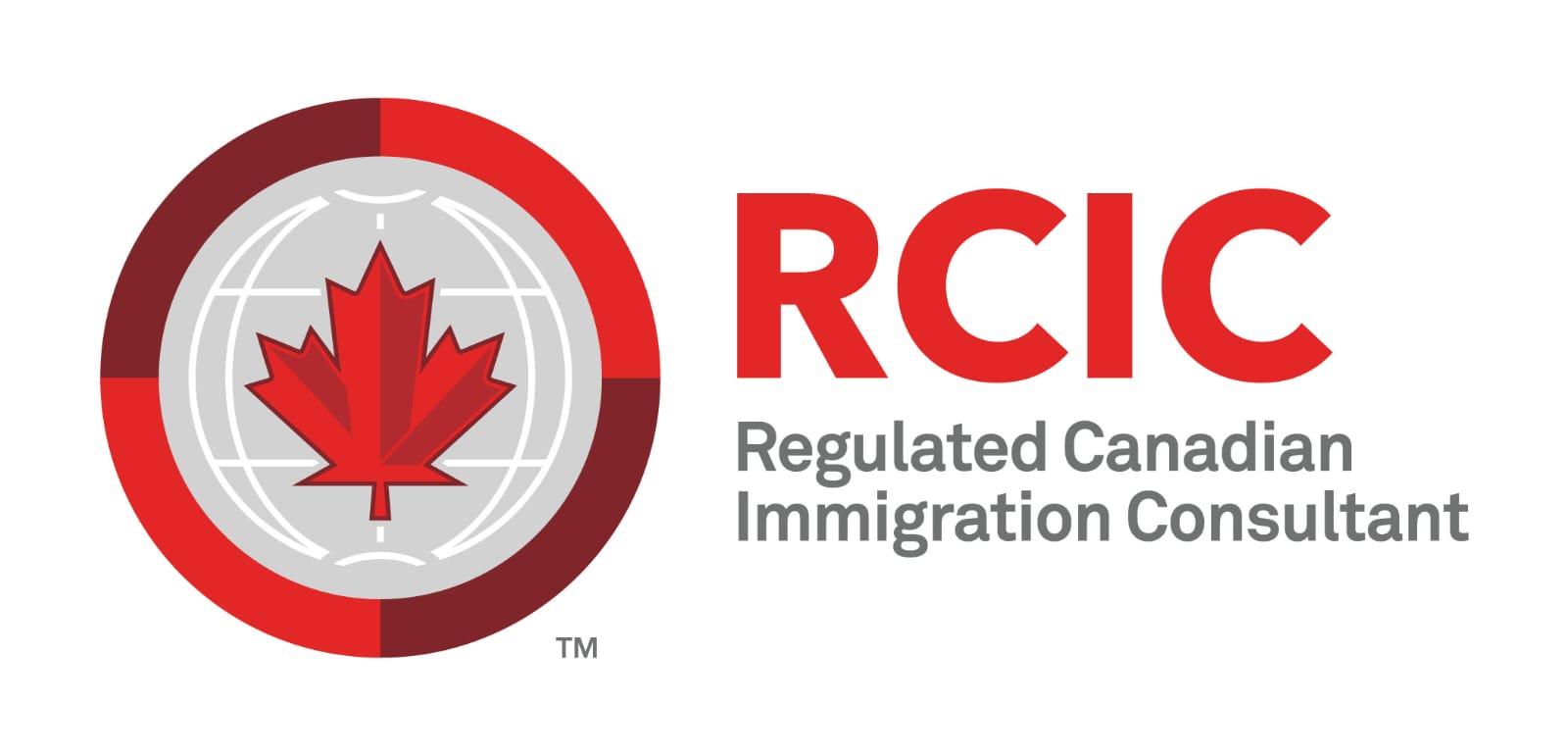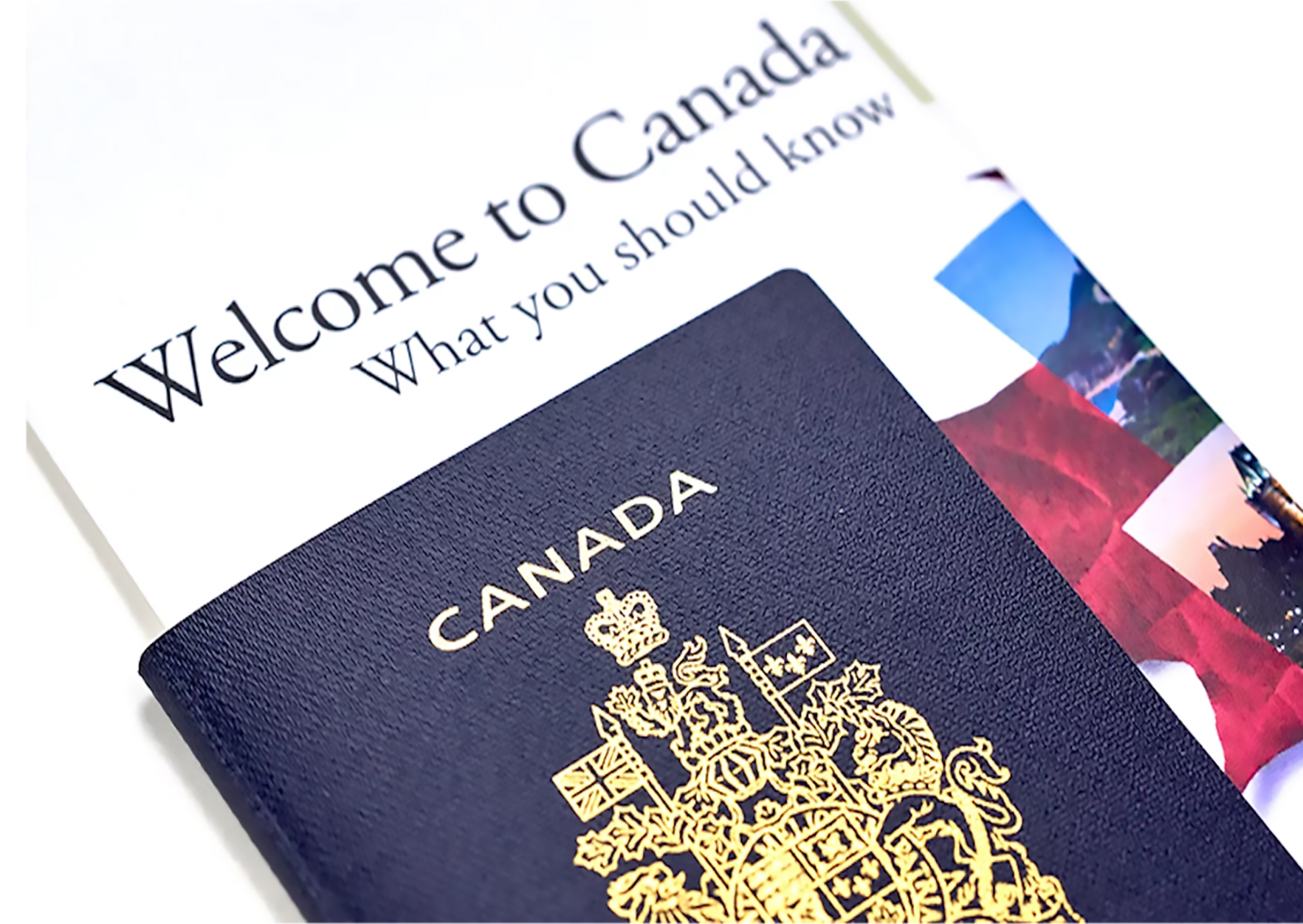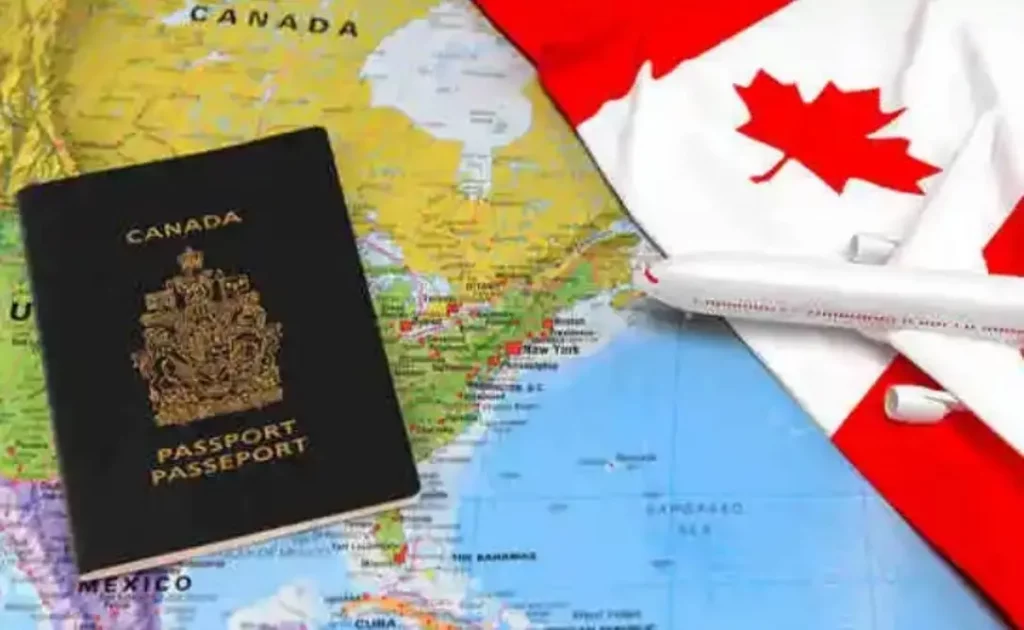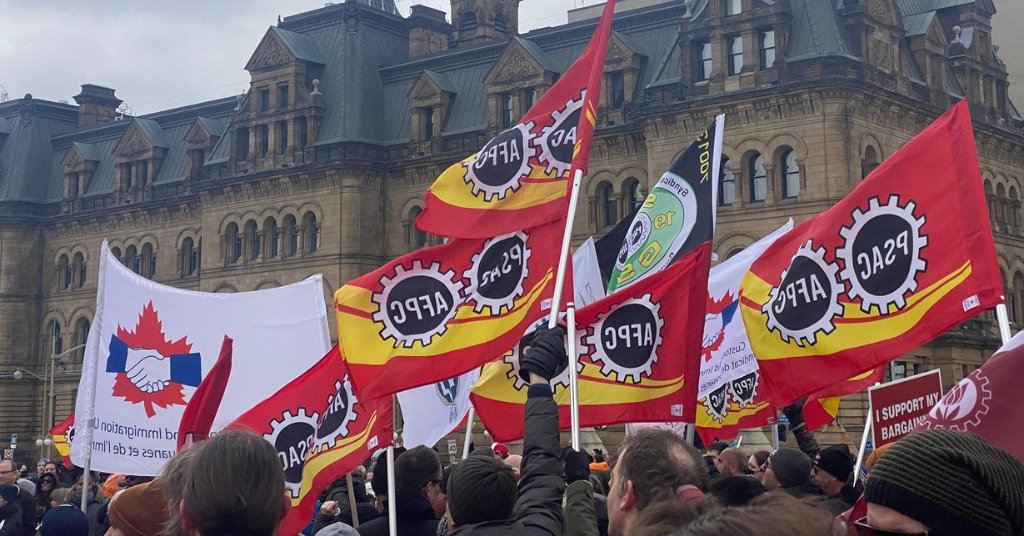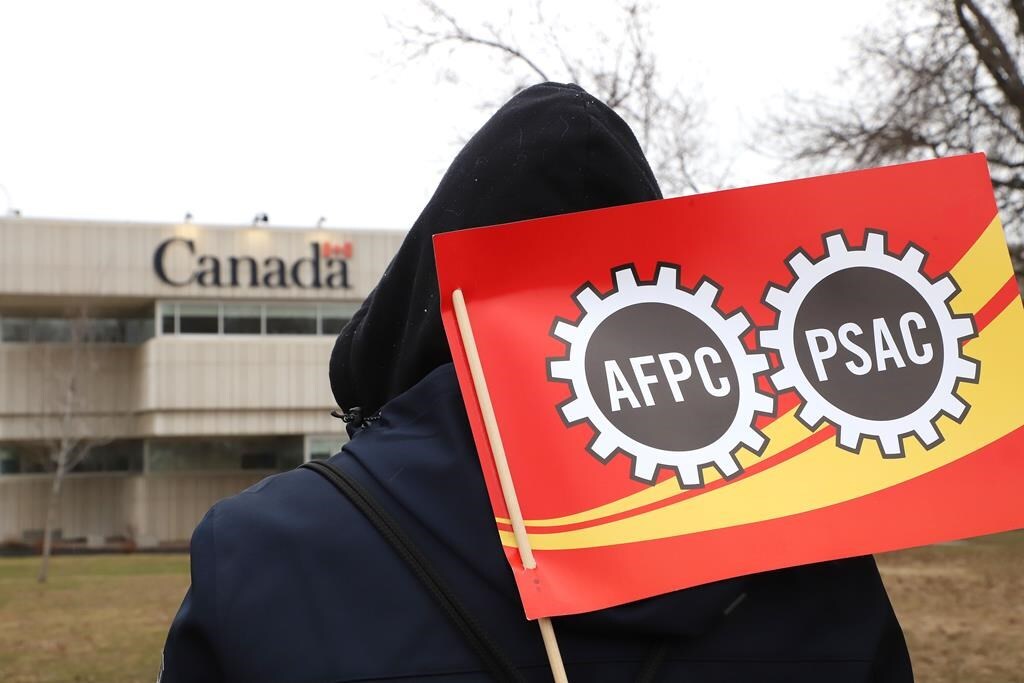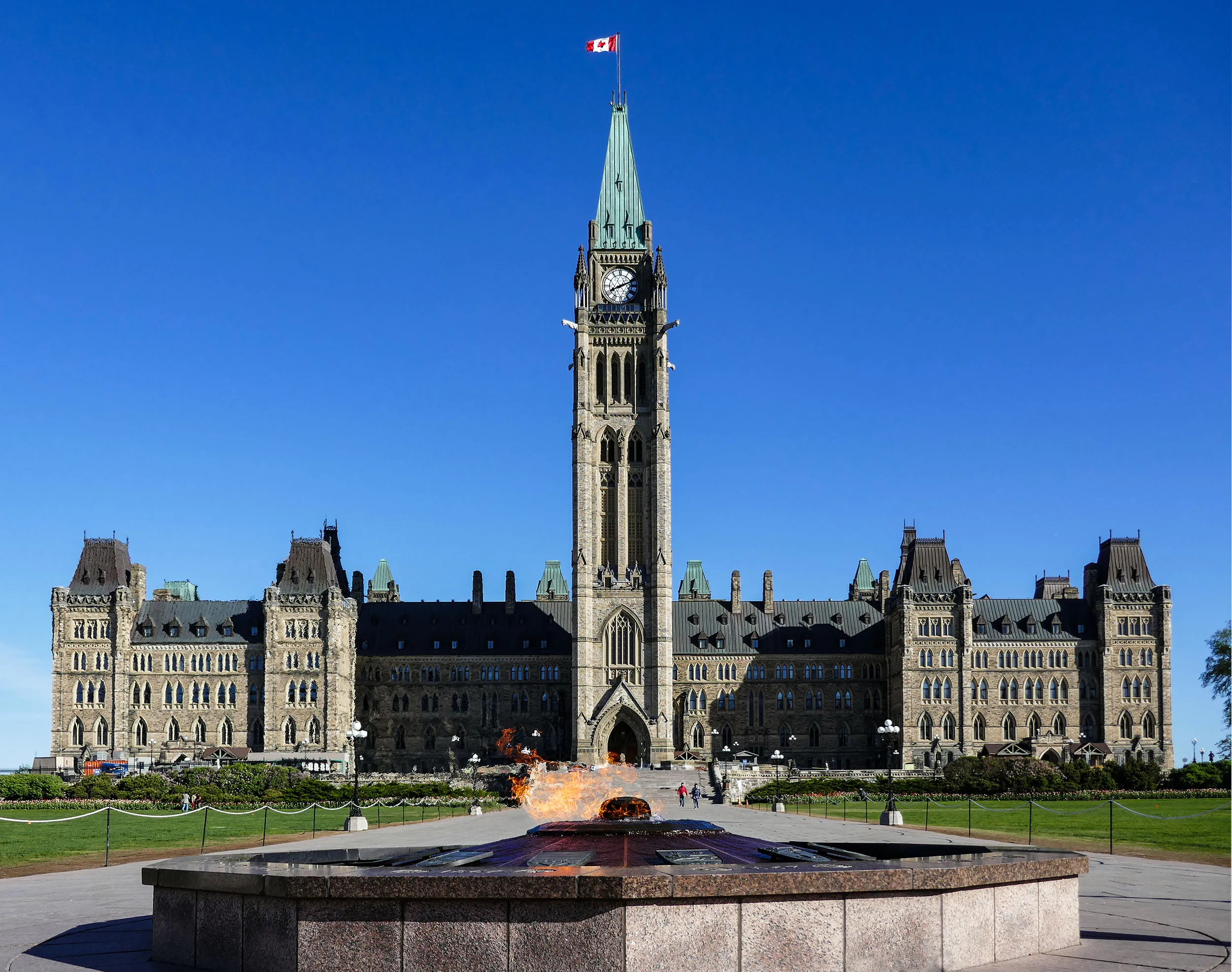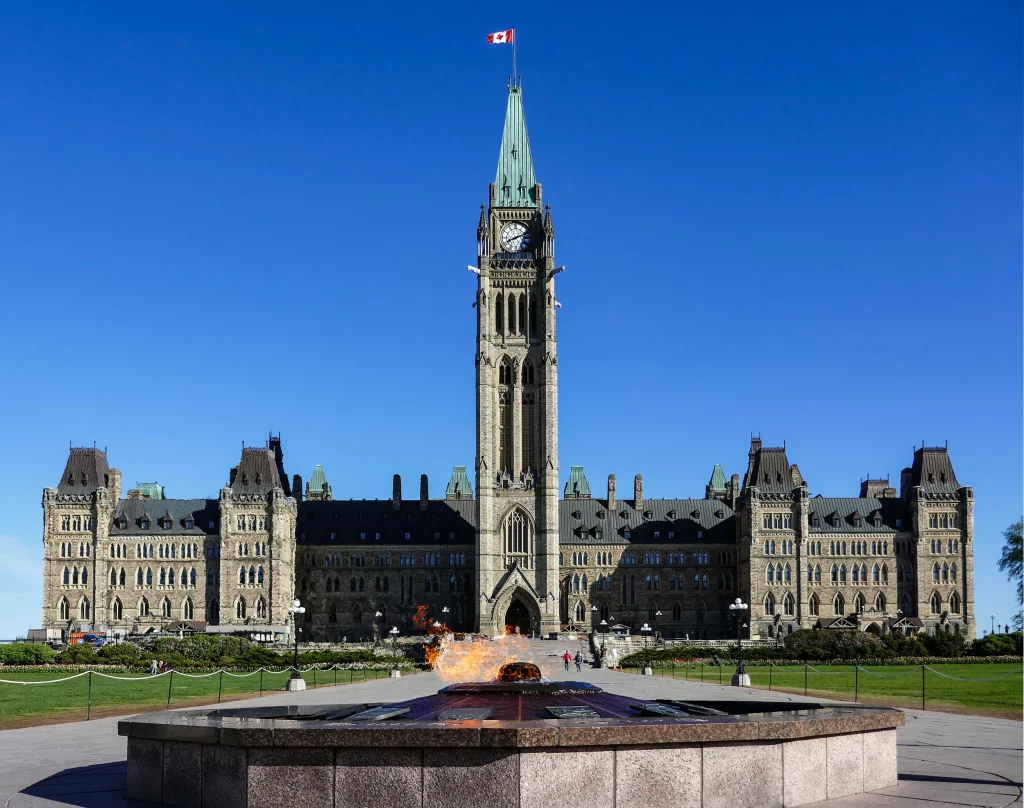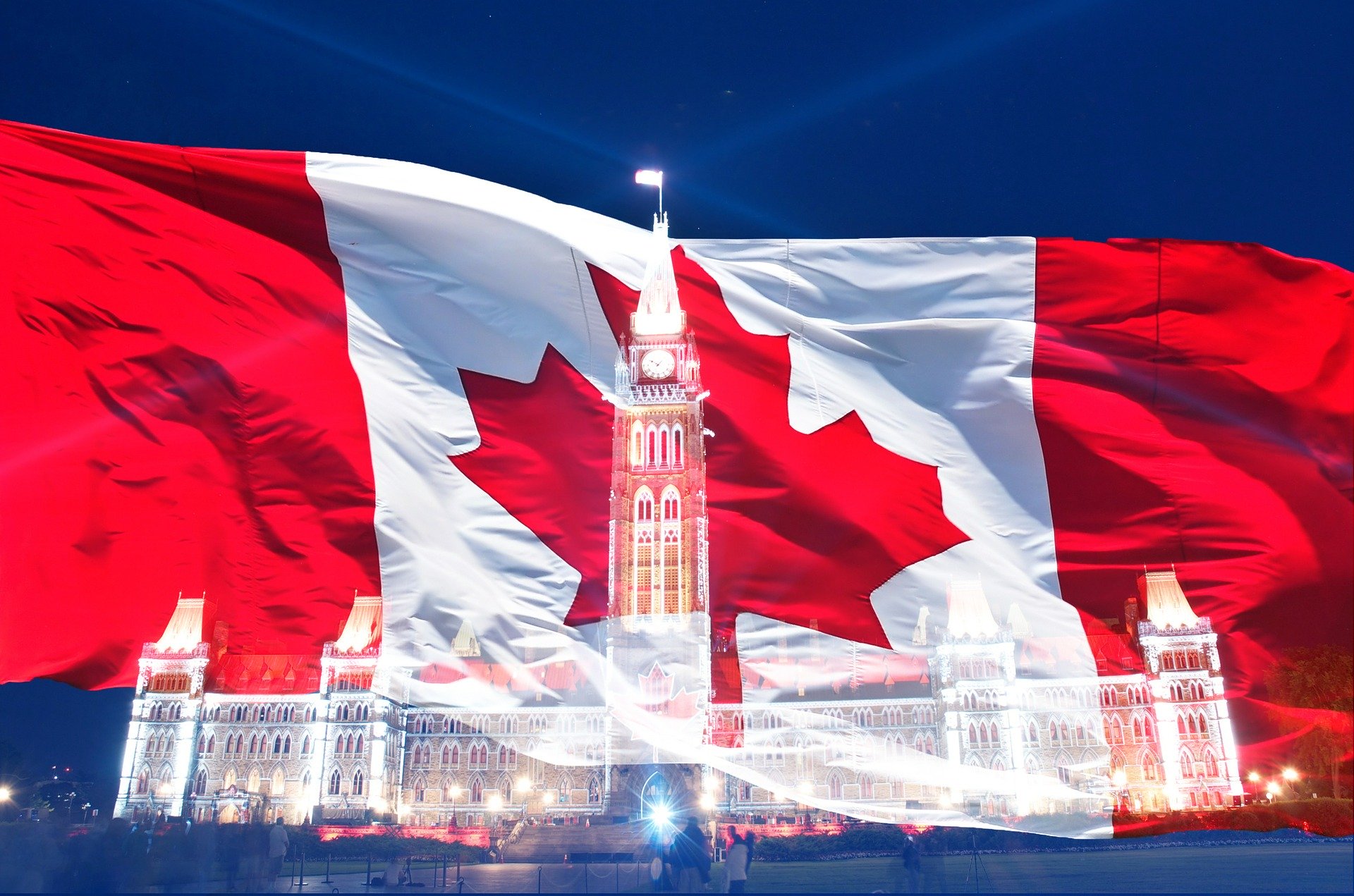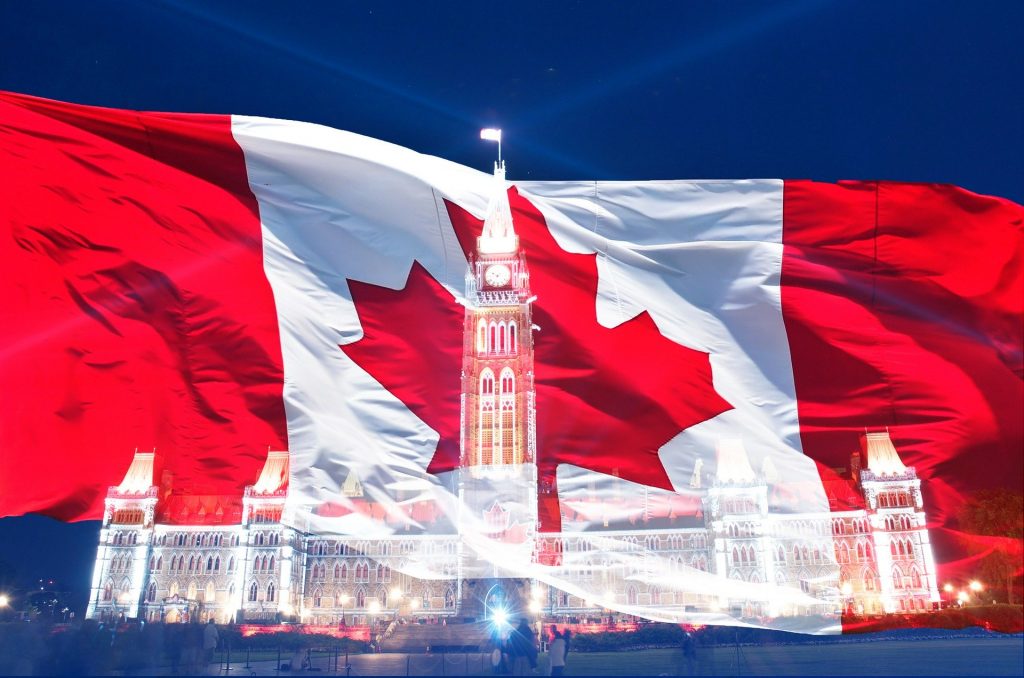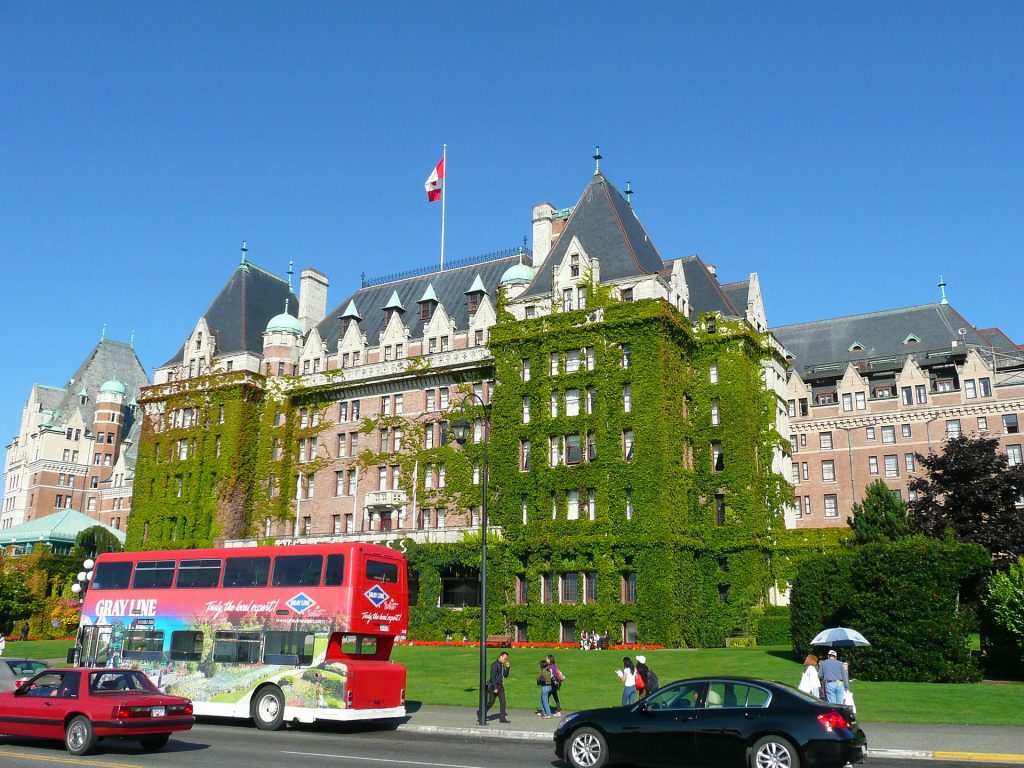British Columbia, Alberta, Saskatchewan, Manitoba, and PEI invite candidates in this week’s PNP draws
Provincial immigration results April 15-21
British Columbia
BC invited more than 203 candidates in the latest BC PNP draw on April 18.
The largest draw invited 158 candidates over five streams in a general draw, meaning no occupations were targeted. Candidates from the skilled worker stream (including Express Entry candidates) required minimum scores of 104. Those from the International Graduate stream required scores of 104 and Entry Level and Semi-Skilled candidates required a score of 85.
The province also targeted 29 candidates in the skilled worker and international graduate streams for early childhood educators and assistants (NOC 42202), 16 candidates in healthcare occupations and less than five candidates in other priority occupations. All targeted candidates needed a minimum score of 60.
Alberta
The Alberta Advantage Immigration Program (AAIP) has held two draws so far in April with results only published this week. Invitations were issued to candidates with profiles in the Express Entry application management system.
The first draw took place on April 5. There were 53 candidates invited under the Designated Healthcare Pathway: Alberta Job Offer stream with Comprehensive Ranking System (CRS) scores ranging from 300-600.
The second was on April 18 and invited 68 candidates from the Sector priority – Agriculture occupation with Alberta job offer stream, with CRS scores ranging from 300 to 700.
Saskatchewan
On April 20 Saskatchewan invited a total of 1067 candidates through the Saskatchewan Immigrant Nominee Program (SINP). Among them, 444 were nominated from the occupations-in-demand category and the remaining 623 were Express Entry candidates.
All candidates required a minimum score of 69.
This was the first SINP draw in a month and is significantly larger than the March 23 draw in which only 496 candidates received nominations.
Manitoba
On April 17, Manitoba invited 28 candidates from Ukraine in alignment with Immigration, Refugees and Citizenship Canada’s (IRCC) special immigration measures for those affected by the current unrest in the region.
Candidates must still meet certain eligibility criteria under the Manitoba Provincial Nominee Program. For example, they require a Canadian Language Benchmark (CLB) of 4 in reading, writing, speaking and listening as well as an established connection within the province. They must also be able to prove they have sufficient settlement funds.
Prince Edward Island
PEI invited 189 candidates on April 20 in the latest draw of the PEI PNP. Among those invited, 180 were in the Laboure and Express stream and the remaining nine were Business and Entrepreneur nominees who met the minimum point threshold of 72.
This draw indicates a return to the normal draw pattern for the province. PEI typically holds PNP draws once a month, however in March the province invited candidates in three draws, the last being on March 30.






